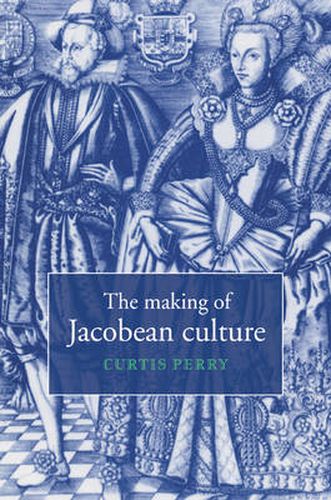Readings Newsletter
Become a Readings Member to make your shopping experience even easier.
Sign in or sign up for free!
You’re not far away from qualifying for FREE standard shipping within Australia
You’ve qualified for FREE standard shipping within Australia
The cart is loading…






It is a critical commonplace to note sharp cultural differences between Elizabethan and Jacobean England. But how and why did this transition take place? What kinds of decisions and assumptions were involved as writers responded to the new king? How did residual Elizabethan expectations and habits of mind shape the English response to James I, and what were the consequences? How much control did James have over his reception? This study examines these questions in detail by exploring a wide range of texts written during the first decade of his reign in England, from 1603 to 1613. At stake in these questions are some larger issues which have been central to much recent historically orientated work on English Renaissance literature, concerning the relationships between king and culture, literature and authority. Curtis Perry’s study provokes a fresh examination of the contingencies shaping long-familiar notions of what constitutes the Jacobean as a literary period.
$9.00 standard shipping within Australia
FREE standard shipping within Australia for orders over $100.00
Express & International shipping calculated at checkout
It is a critical commonplace to note sharp cultural differences between Elizabethan and Jacobean England. But how and why did this transition take place? What kinds of decisions and assumptions were involved as writers responded to the new king? How did residual Elizabethan expectations and habits of mind shape the English response to James I, and what were the consequences? How much control did James have over his reception? This study examines these questions in detail by exploring a wide range of texts written during the first decade of his reign in England, from 1603 to 1613. At stake in these questions are some larger issues which have been central to much recent historically orientated work on English Renaissance literature, concerning the relationships between king and culture, literature and authority. Curtis Perry’s study provokes a fresh examination of the contingencies shaping long-familiar notions of what constitutes the Jacobean as a literary period.